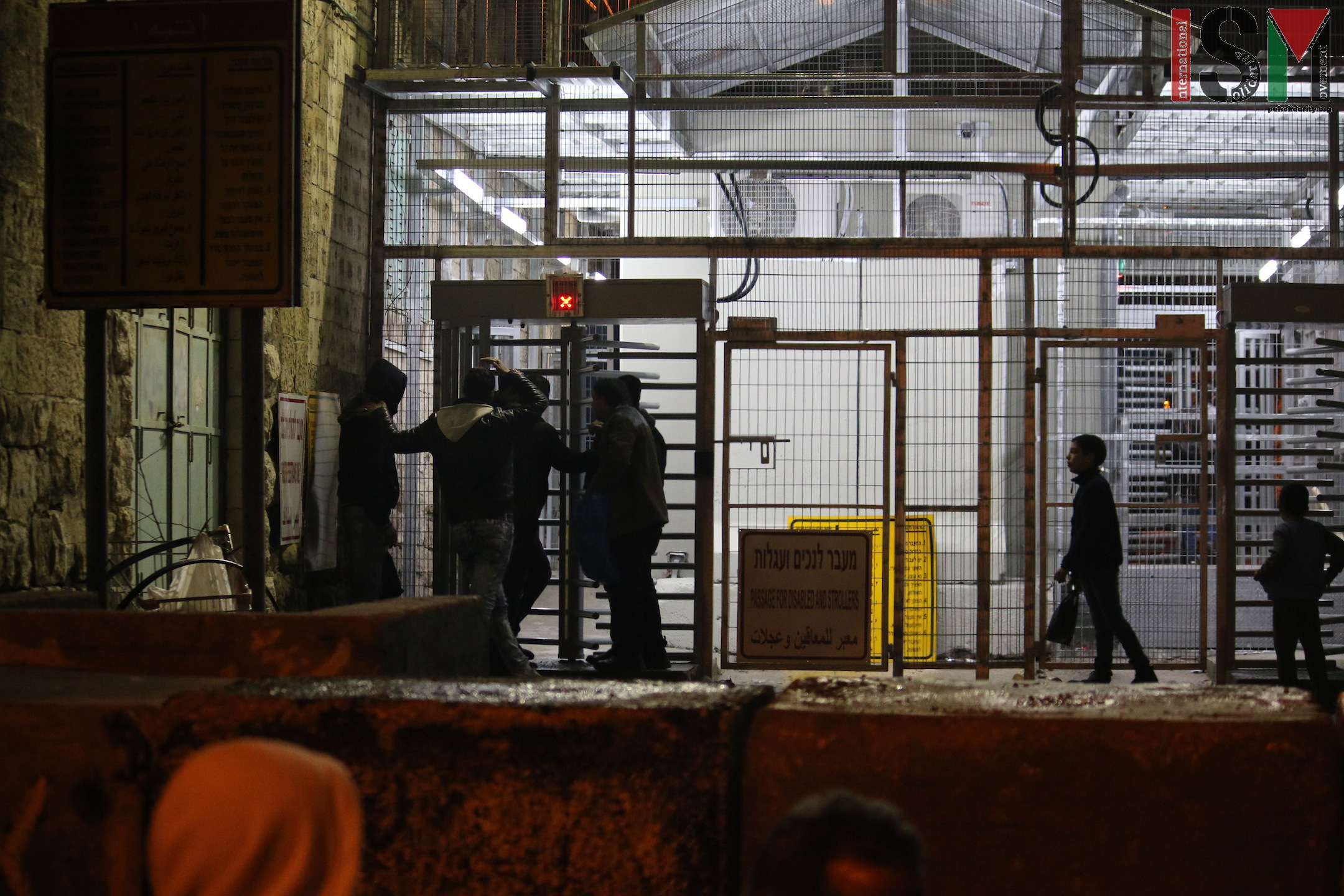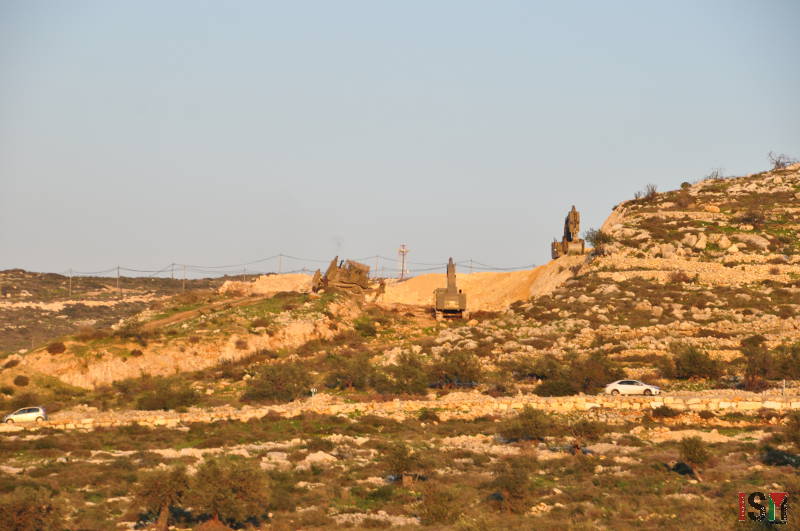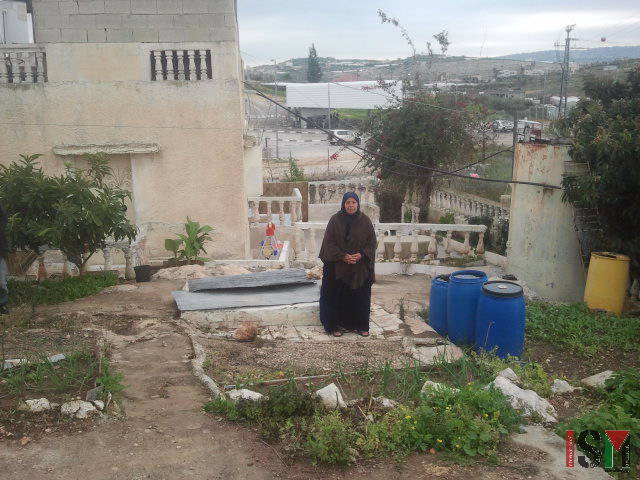Category: Features
-
Photo story: newly expanded Shuhada checkpoint is even more difficult to traverse
January 6th 2016 | International Solidarity Movement, al-Khalil Team | al-Khalil, occupied Palestine At the end of December Israeli forces re-opened the newly expanded Shuhada checkpoint in occupied al-Khalil (Hebron). The checkpoint had been closed since December 7th, when Israeli forces had declared they would be conducting “renovations” for a then-unknown period of time. Officially known as Checkpoint 56,…
-
Shufa village threatened as Israeli forces begin to excavate Palestinian land
4th January 2016 | International Solidarity Movement, Tulkarm Team | Shufa village, occupied Palestine On the 22nd of December, Israeli forces started excavating land belonging to the Palestinian village of Shufa. Residents fear the possibility of settlement expansion will threaten the future of their village. Shufa village is very close to Avne Hefez, an…
-
63-year-old widow lives in an isolated home facing a checkpoint
January 4th 2015 | International Solidarity Movement, Tulkarem Team | Jubara, occupied Palestine In the outskirts of the village of Jubara, bordering the Jubara checkpoint, sits the home of 63-year-old, Shawqiye Hamaide, Umm Yousef. Mother of two daughters and grandmother of 6 children, Umm Youssef is originally from the village of Beit Lid, but moved…



